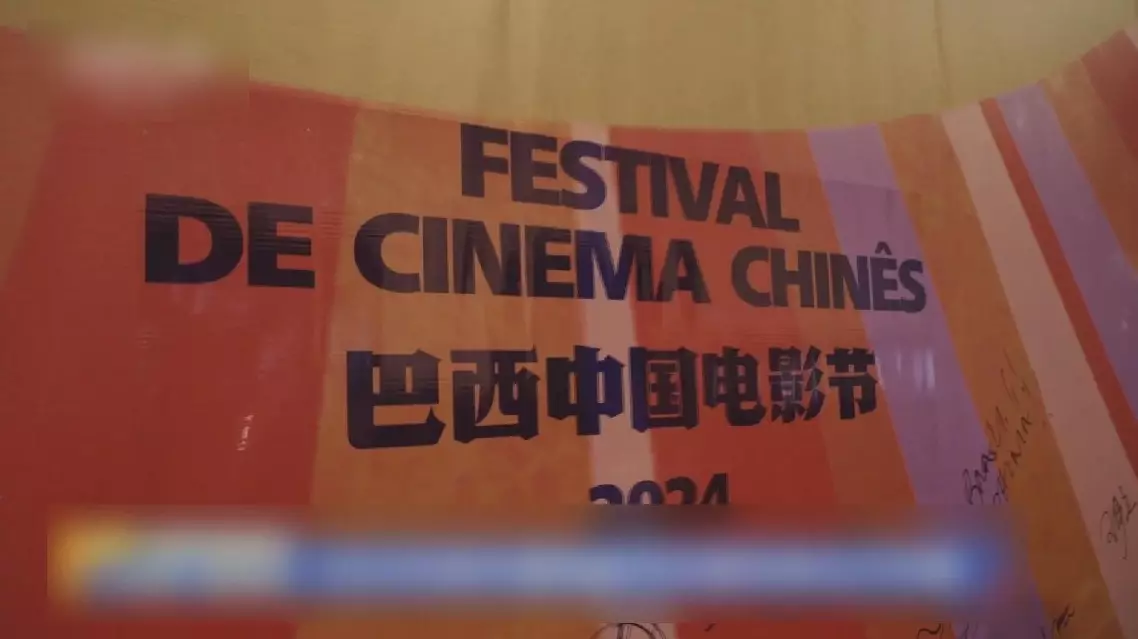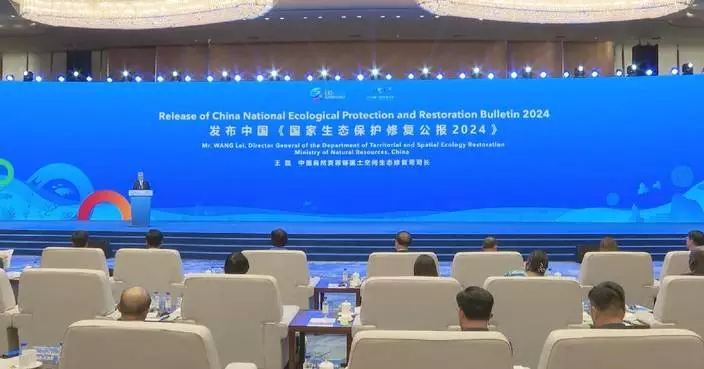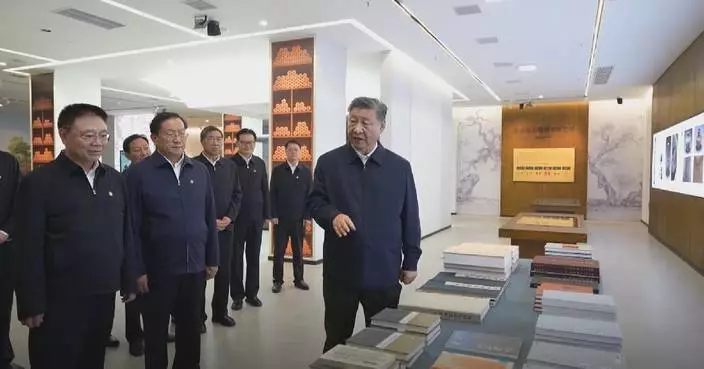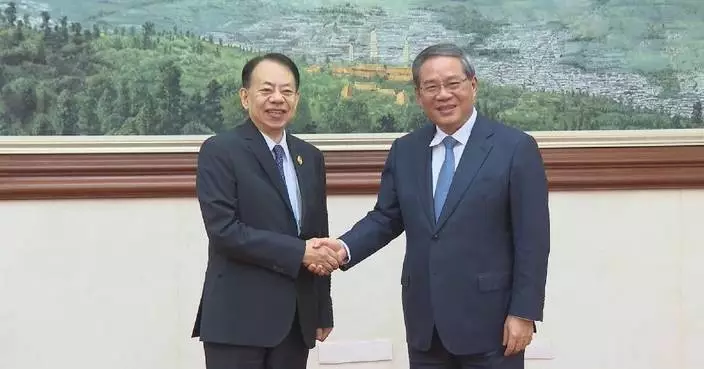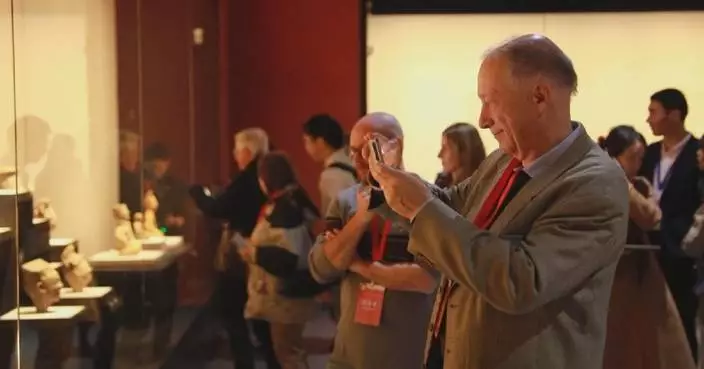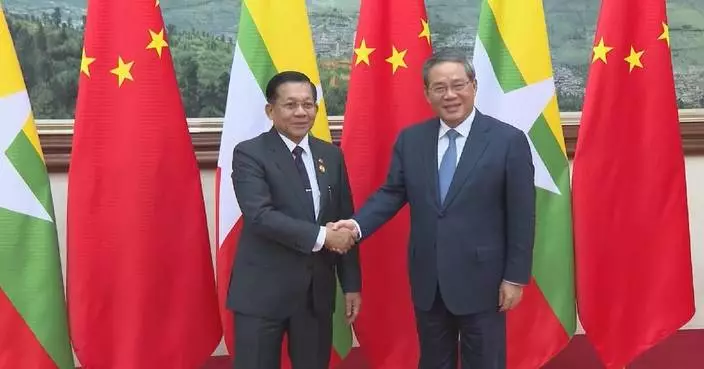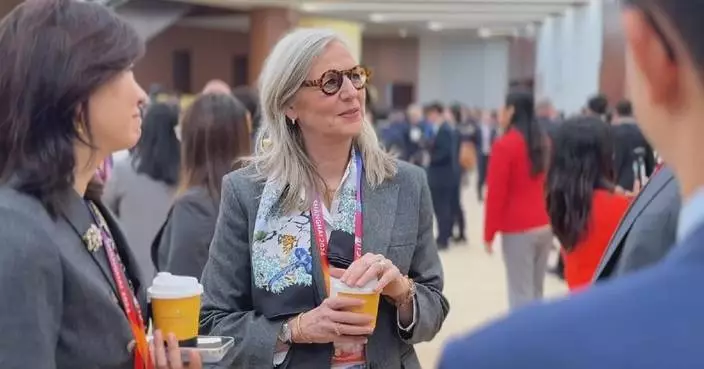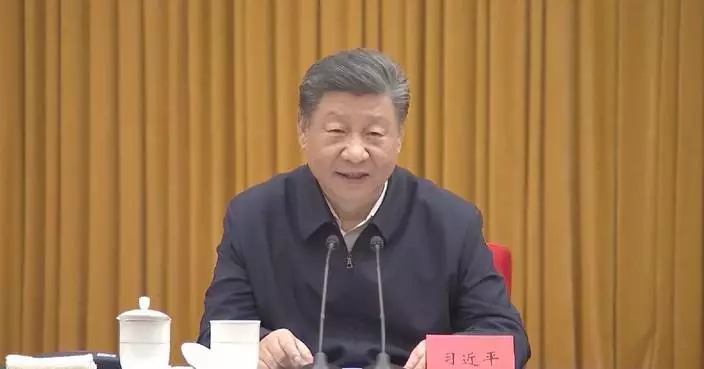Slovak Deputy Prime Minister Denisa Sakova on Tuesday praised the 75-year progress in China-Slovakia relations and reiterated Slovakia's opposition to EU tariffs on Chinese-made electric vehicles (EVs), emphasizing the need for constructive dialogue between the EU and China for a resolution.
Speaking at Slovakia's first-ever national pavilion at the ongoing China International Import Expo (CIIE) in Shanghai, Sakova reiterated that her country voted against the EU's decision to impose hefty tariffs on Chinese-made EVs, stressing the importance of price and quality competition.
"We voted against [EU's hefty tariffs on Chinese EVs]. We still think that on the market you have demand and supply. And in the end, if you want to buy something and if you want to offer something, the most key point is price and quality. So we think that the European Union should be competitive by price and by quality, not by fees or any customs fees," she said.
Her comments come in light of the EU's recent final ruling on an anti-subsidy investigation, which decided to levy a five-year anti-subsidy duty on EVs imported from China. Sakova stressed that economic cooperation between Europe and China has been mutually beneficial and urged both parties to find a resolution through dialogue.
"Definitely, they have good quality, but there is a little bit of fear at the European market that you (China) have better price and that the European Union as a leader in automotive and in car production, it will be not as competitive as it was before. We will see the result. There are still some negotiations so we will see at the end, but of course it will be also the European market and vice versa will be influenced, and we don't want this," the deputy prime minister.
Sakova also highlighted the opportunity for Slovakia to showcase its high-quality products and expressed a desire to strengthen economic ties with China. She praised China's commitment to high-quality development, stating that China's continued efforts to promote high-level opening up has also boosted Slovakia's confidence about the future prospects of the Chinese market.
Additionally, she welcomed China's introduction of a 15-day visa-free policy for Slovak tourists, viewing it as a positive signal for collaboration.
"China canceled the visa (requirements) for Slovak tourists for 15 days, and that's a really good signal, not just for our people as a tourist, but also for our entrepreneurs. They can go to China, they can travel to China and they can touch China, how China is developed and how China is now innovative. And this is the really good signal for us, for our collaboration," said Sakova.
Running from November 5 to 10 under the theme of "New Era, Shared Future," the 7th CIIE has attracted participants from 152 countries, regions and international organizations.
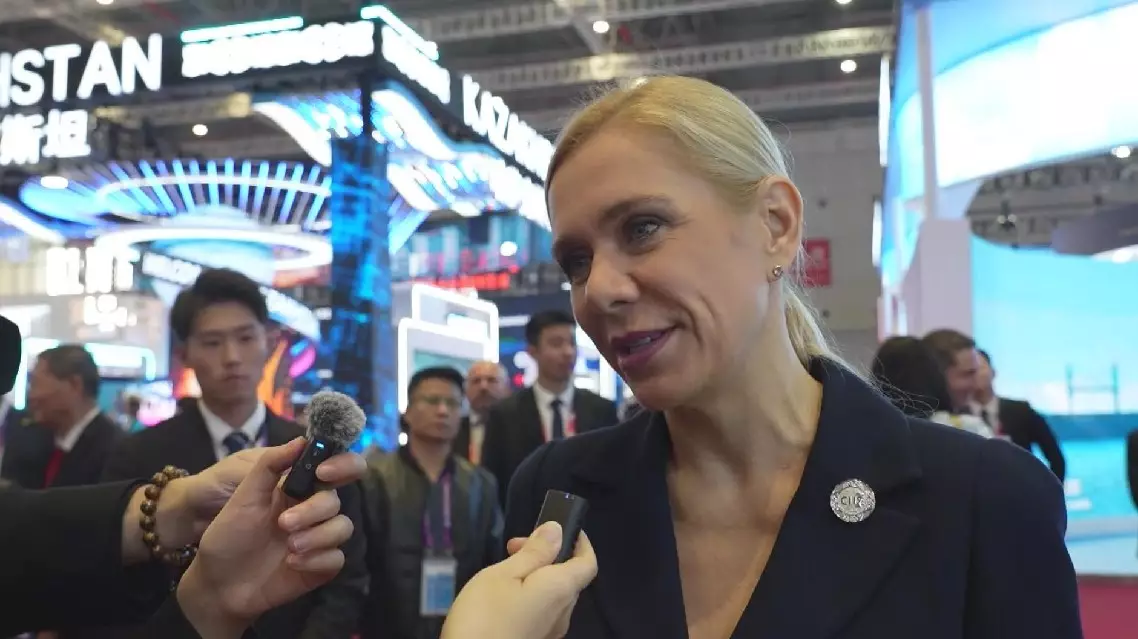
Slovak deputy PM opposes EU tariffs on Chinese EVs, lauds bilateral ties at CIIE debut


